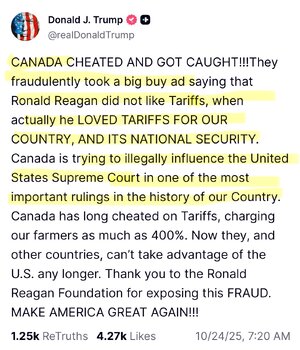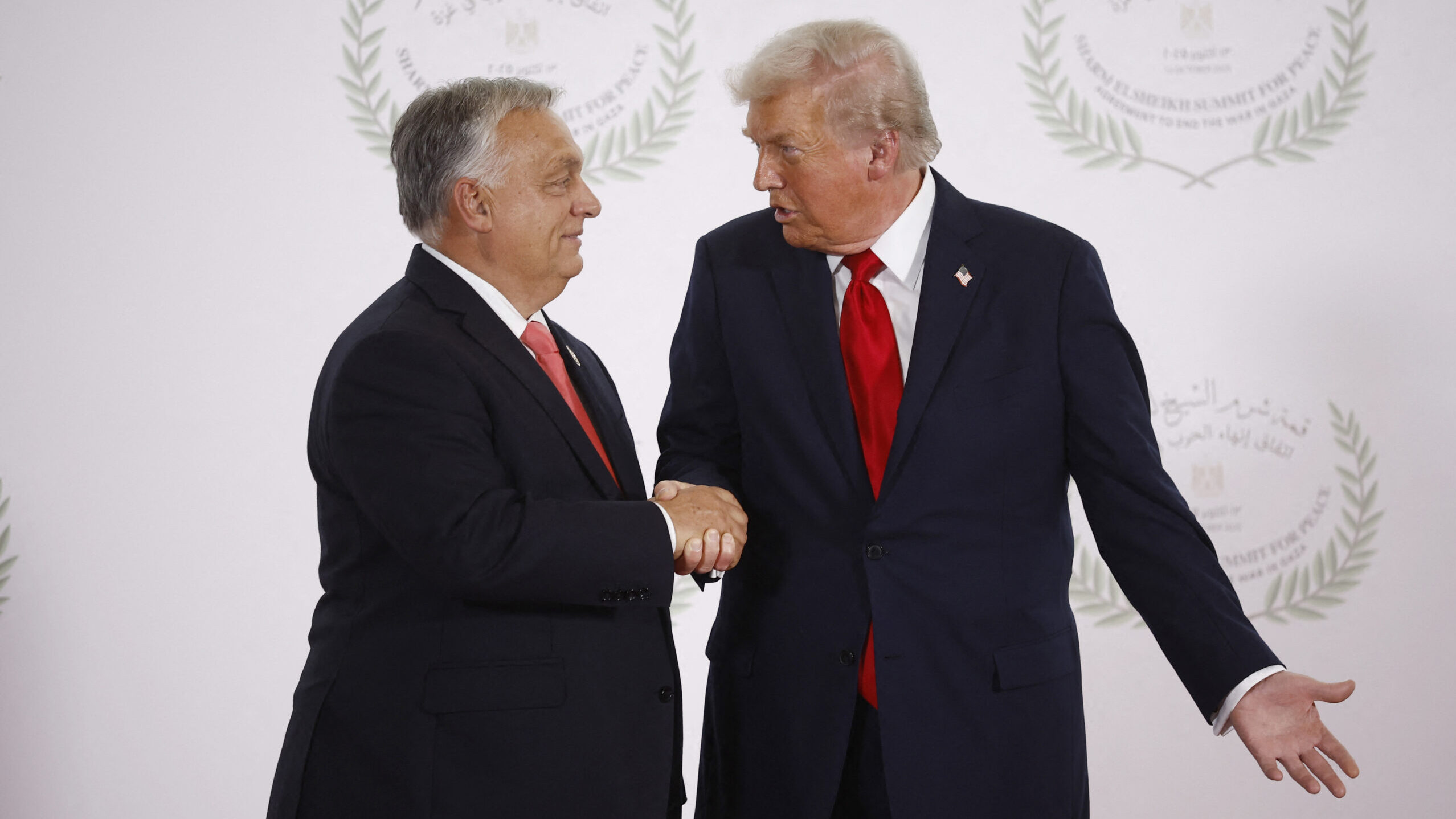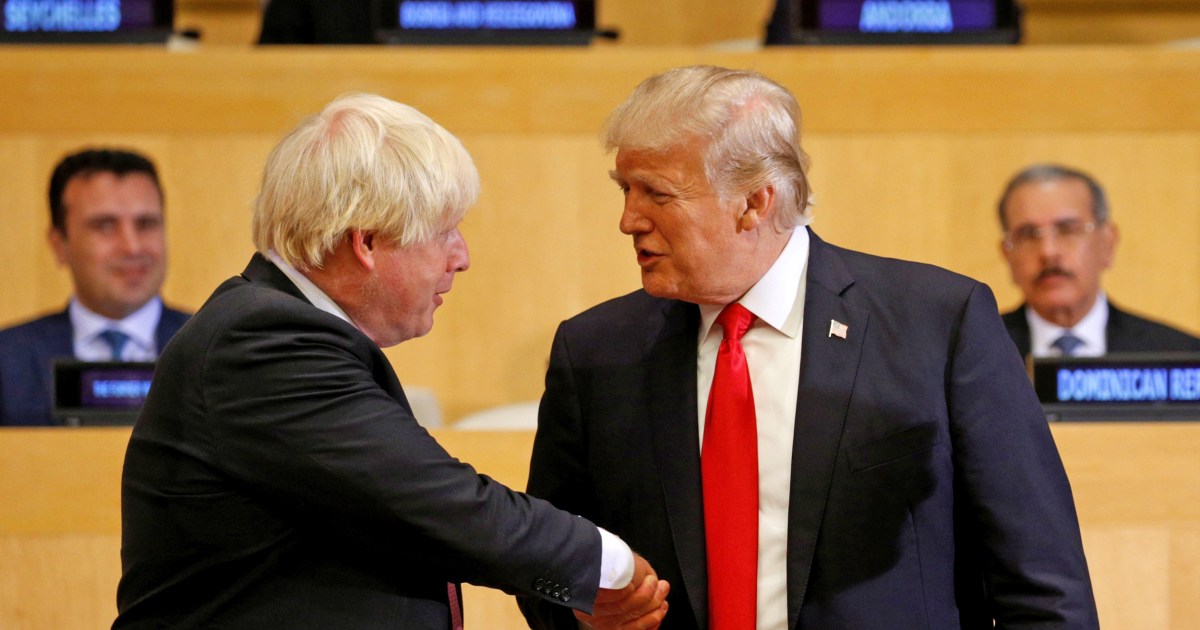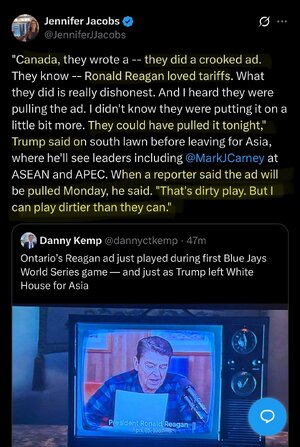- Messages
- 41,551
Ronald Reagan:
"Imposing such tariffs or trade barriers and restrictions of any kind are steps that I am loath to take. And in a moment I'll mention the sound economic reasons for this: that over the long run such trade barriers hurt every American worker and consumer."
Reagan says some companies had been "engaging in unfair trade practices" and going against an agreement with the US - and that this was therefore a "special case".
This sets the tone for the rest of the address, which he dedicates to making clear his commitment to free trade and the dangers of high tariffs.
… … “At first … it looks like they’re doing the patriotic thing by protecting American products and jobs. And sometimes for a short while it works. But only for a short time.”
"What eventually occurs is: First, homegrown industries start relying on government protection in the form of high tariffs. They stop competing and stop making the innovative management and technological changes they need to succeed in world markets. And then, while all this is going on, something even worse occurs. High tariffs inevitably lead to retaliation by foreign countries and the triggering of fierce trade wars."
… "High tariffs inevitably lead to retaliation by foreign countries and the triggering of fierce trade wars. The result is more and more tariffs, higher and higher trade barriers, and less and less competition.
"So, soon, because of the prices made artificially high by tariffs that subsidize inefficiency and poor management, people stop buying. Then the worst happens: Markets shrink and collapse; businesses and industries shut down; and millions of people lose their jobs."
… Reagan praises the economic benefits of free trade and continues: "Now, that message of free trade is one I conveyed to Canada's leaders a few weeks ago, and it was warmly received there. Indeed, throughout the world there's a growing realisation that the way to prosperity for all nations is rejecting protectionist legislation and promoting fair and free competition."
He then talks about the "sound historical reasons" for this realisation: "For those of us who lived through the Great Depression, the memory of the suffering it caused is deep and searing."
[he explains imposing a targeted tariffs on Japanese semiconductors notwithstanding all that]
… "America's jobs and growth are at stake."
Last edited:







